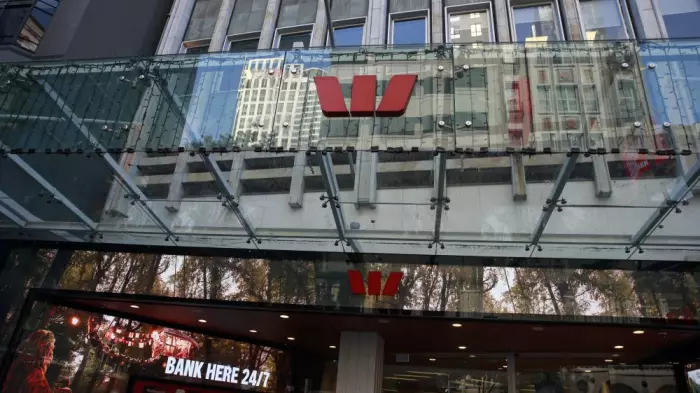Pushpay surprised New Zealand’s market with a late trading halt this afternoon before revealing the software company had received another “non-binding proposal” that it was continuing to assess.
The S&P/NZX 50 Index fell 185.3 points, or 1.7%, to 10,918.48. Turnover was light at $71 million.
Pushpay responded to an Australian media report that the church management company received a “revised indicative non-binding proposal” and was deciding whether a transaction was in the “best interests” of shareholders.
“There is no certainty that a transaction will proceed or as to the pricing or timing of any transaction,” the company added.
Before trading was halted, Pushpay shares rose 3.5% to $1.19 on turnover of $1.3m.
Besides late Pushpay’s surprise, Peter McIntyre from Craig’s Investment Partners said today had been a case of “good news is bad news” for the local market.
Key US jobs data released on Friday revealed lower unemployment than expected, which didn’t go down well in US markets. That sentiment rolled into NZ’s market today.
McIntyre said the market was concerned the US Federal Reserve would have to be “far more aggressive” with interest rate increases and large parts now thought it was “inevitable” that not only would the US economy enter recession, but other global economies would follow suit.
Retirement village operator Summerset Holdings released its quarterly sales figures today, saying it had sold 219 new and existing units in the September quarter, up 10% from 199 in the same quarter a year earlier.
Summerset was down 2.1% at $10.10. Ryman Healthcare also fell 1.4% to $8.45.
Kiwi Property fell 1.1% to 90.5 cents after it reported an “expected” 5.8% decrease in the fair value of its property portfolio in the past six months due to high inflation and uncertain interest rates.
The property company released the draft valuations of its portfolios as at Sept 30, with its mixed-use, office, retail and other properties set to be worth $3.4 billion at the close of the period – down $212.5m from March 31.
McIntyre said all property stocks had been pinched today and Kiwi Property’s update could be the start of a trend with other property stocks over the coming months.
“They've had this tailwind of low-interest rates and strong demand and we’re going to see valuations downslide over the next six to twelve months,” he told BusinessDesk.
Global cinema software provider Vista Group International fell more than 6.5% this afternoon, closing down 4.8% at $1.58.
Restaurant Brands also struggled on the index today and siding 5.8% to $7.02, or 43 cents.
Meal kit company My Food Bag was up 3.3% at 62 cents after it appointed the former chief executive officer of The Warehouse Group to its board as an independent non-executive director. Mark Powell spent 13 years with the company, with the last five of them as CEO.
Powell is the current director of ASX-listed JB Hi-Fi and Bapcor and NZX-listed Kiwi Property Group, as well as one of Australia’s largest private companies, 7-Eleven Australia.
Sky Network Television announced its locked in broadcasting rights for the rugby world cup through to 2029 and found a buyer for its RugbyPass streaming platform at the same time, through a new deal with World Rugby.
The TV network said the seven-year deal includes the sale of RugbyPass to World Rugby for an undisclosed sum – although Sky flagged it was in talks to sell the business for $11m in its annual report.
Sky TV’s shares fell 5% to $2.11.
Today, the NZ dollar was trading at 56.15 US cents and 88.22 Australian cents at 3pm Wellington, up from 56.60 US cents and 88.26 Australian cents on Friday.
Kiwibank economist Mary Jo Vergara today said the divergence between Australian and New Zealand monetary policies was growing wider and volatility was continuing in currency markets.
This follows from last week after the Reserve Bank of Australia raised its cash rate by a surprise 25 basis points while the Reserve Bank of NZ hiked by 50 basis points.
Vergara also noted that demand for cash had renewed over the past year, with the volume of withdrawals up 70% compared to a year earlier.
“The demand for cash also appears to have coincided with a slowdown in the number of online purchases,” she said.






